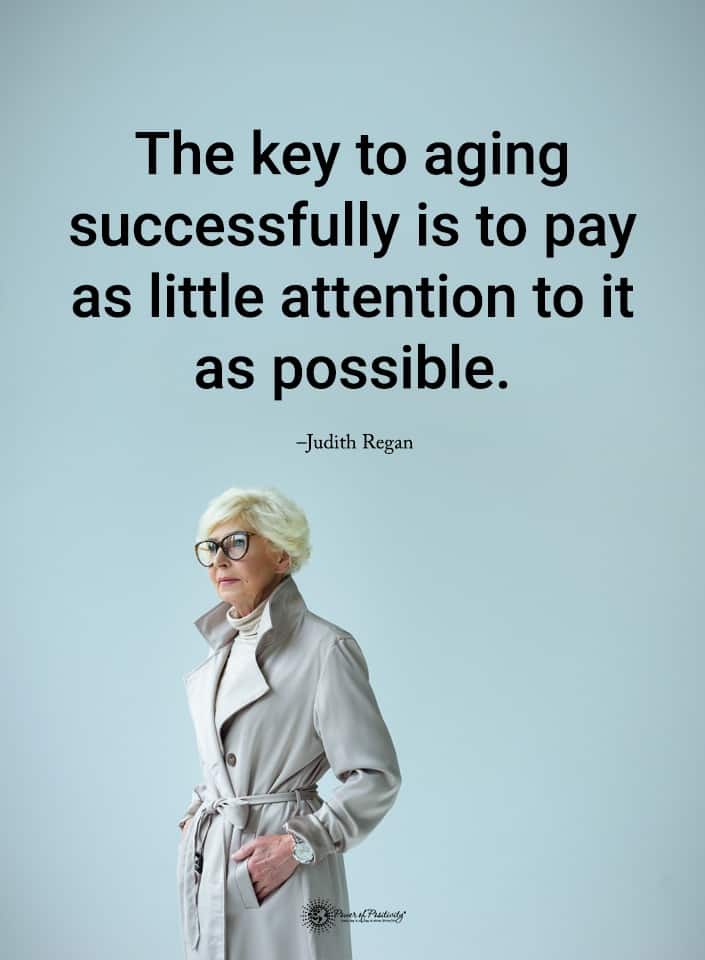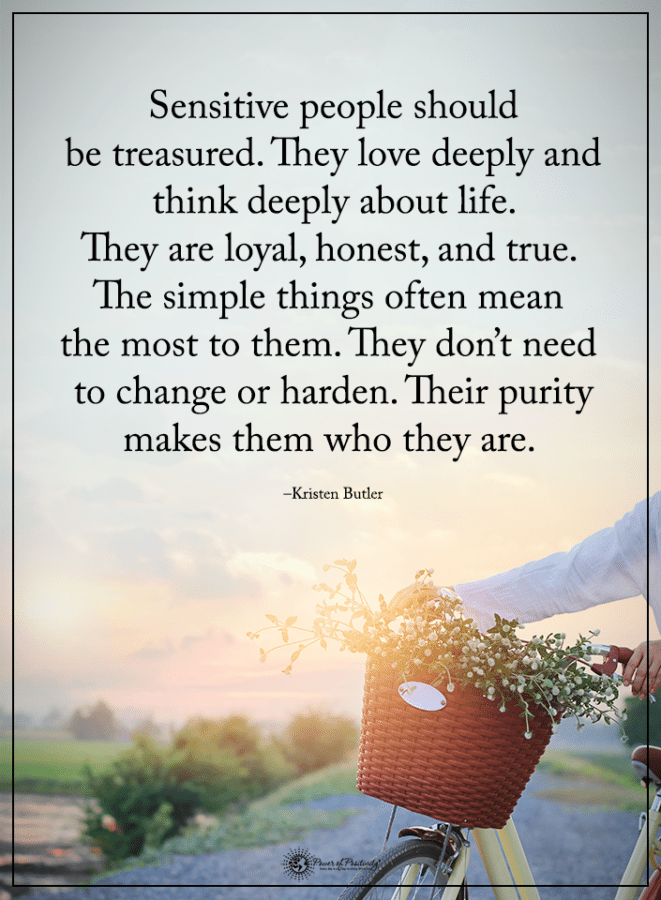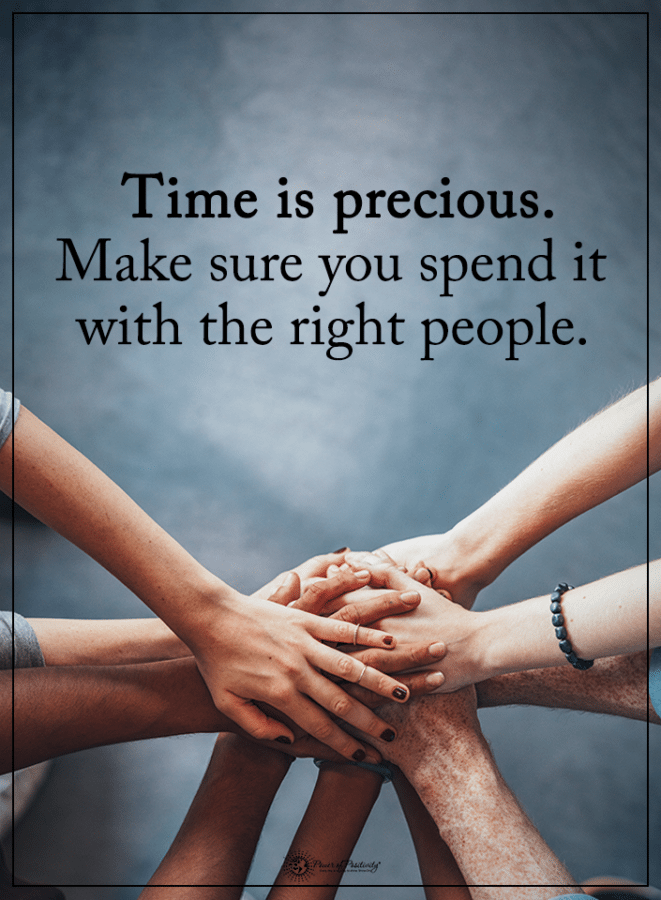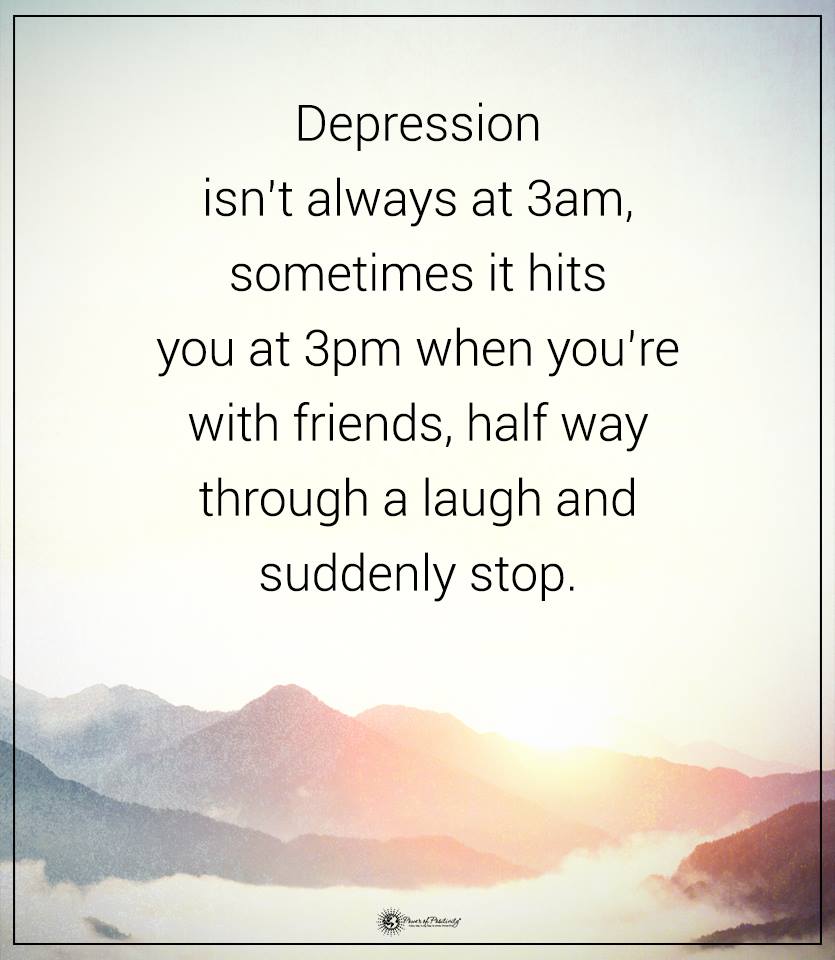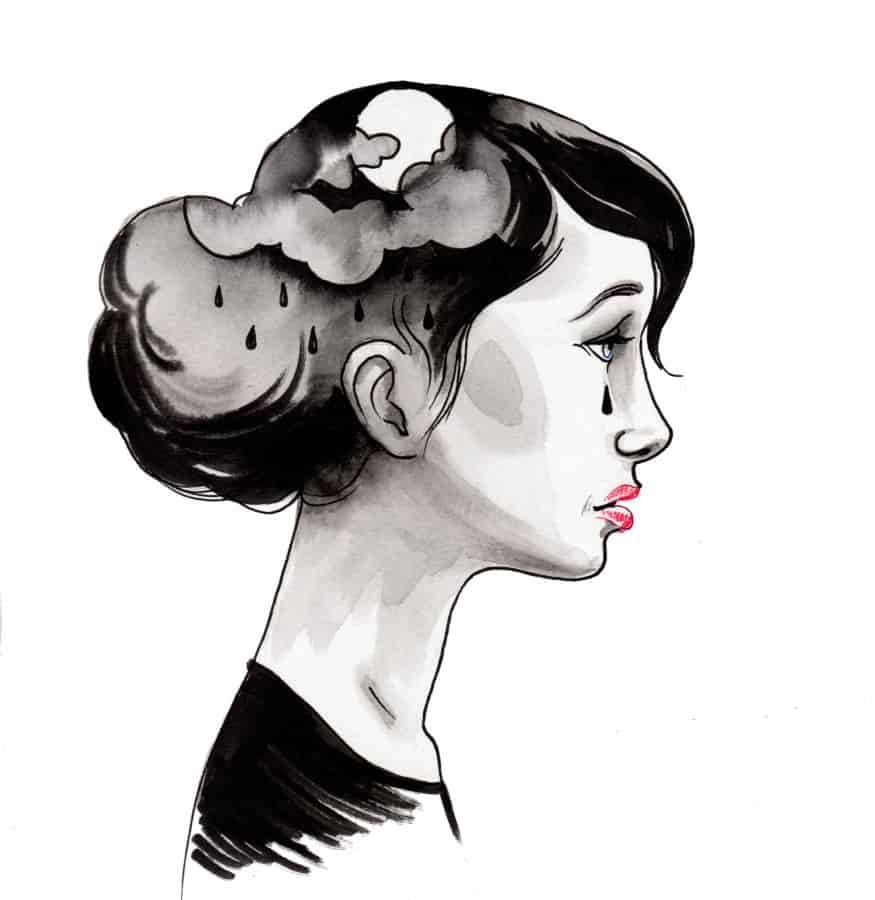When we get a cut or an open wound, blood is supposed to clot to stop the bleeding. When you get a cut on your finger, you may notice that eventually, your blood starts to clot and form a hard bump later over the wound to get it to stop bleeding. This is a good thing that your blood should naturally be doing. Unfortunately, problems arise when the blood starts to clot in places that it’s not supposed to: mainly, when it’s still inside of our veins.
A blood clot inside of our bodies can be very dangerous, and potentially life-threatening. Aaron W. Aday, MD says, “blood clots also play a role in stroke. Some of the first arteries blood reaches once it leaves the heart are the arteries to the brain, and a blood clot passing out of the heart and into these arteries can cause a stroke.”
Here Are 8 Warning Blood Clot Signs To Never Ignore
Being able to notice all of the warning signs of a blood clot means that you could potentially save your own life, or someone else’s.
1. Swelling in one limb
When one limb begins to swell up, this could be a warning sign of deep vein thrombosis, otherwise known at DVT. This type of clot causes problems for oxygen to reach your organs, which means that you’re going to have poor blood circulation, which then causes the swelling.
Therefore, if the limbs on your body, like your arm or leg, have begun swelling up with no other explanation – for example, there is no injury to the limb – then it might very well be DVT. Go and see a doctor as soon as you can.
2. Limb pain or tenderness
Along with the swelling, DVT can also come with tenderness in your legs or other affected limbs with the swelling. If there’s no other explanation to the pain, again, such as an injury, the tenderness to your limbs may very well be a warning sign of deep vein thrombosis. The limb may become tender to the touch or ache. You may also feel your leg or limb cramping up, in addition to the swelling. Keep an eye out for limb swelling and tenderness, as they are early indicators of blood clots.
3. Red streaks along veins
Blood clots are capable of causing red streaks along your skin that are warm to the touch. The streaks should run along the length of your veins and be very noticeable. When you touch them, they’ll feel warmer than the rest of the skin around them. You may be worried that the streaks are just a rash, but it’s important to seek medical attention as soon as possible if they’re warm and run along your veins.
4. Chest pain and heavy breathing
Blood clots that form in the lungs can be fatal, so if you’re feeling chest pain along with heavy breathing, you should seek medical attention. Chest pain should never be ignored in the first place, but when you couple it with difficulty drawing in breath, it is something that you want to get looked at as soon as possible.
According to the Cleveland Clinic, “The most common complication from DVT is pulmonary embolism (blockage), which occurs when a clot or part of a clot breaks off and lodges in the lungs. Symptoms of pulmonary embolism include shortness of breath and sudden pain in the chest that gets worse when you breathe deeply.”
A blood clot can turn dangerous or fatal quickly, so if you begin experiencing both chest pain and heavy breathing at once, you’ll want to drop what you’re doing and go to the urgent care.
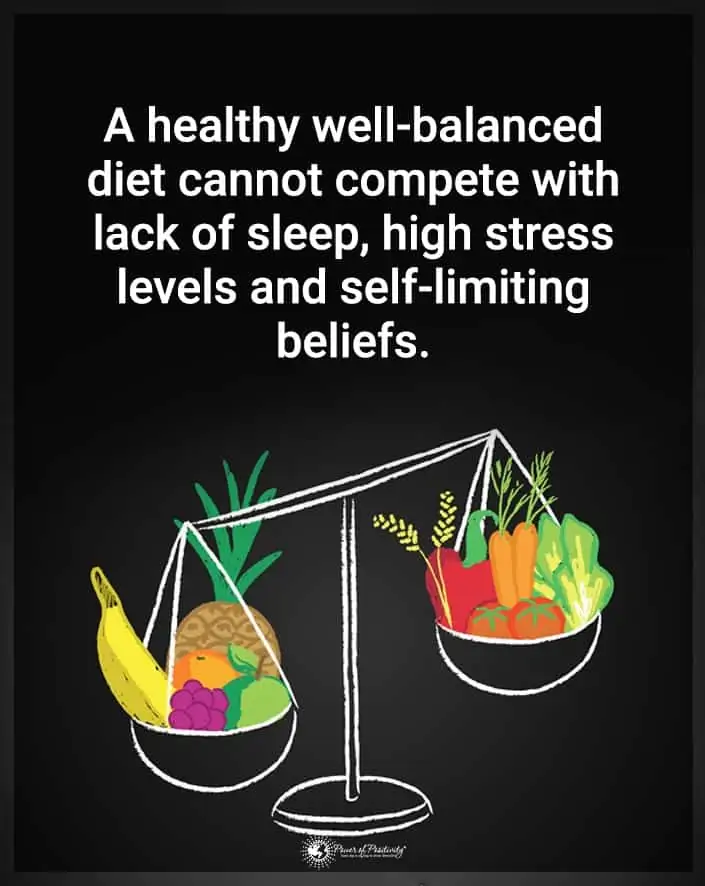
5. Shortness of breath
If you find that you’re having more trouble breathing than usual and getting winded more often, it might be a sign that you have a blood clot. Shortness of breath will often be accompanied by a fluttering sensation in your chest, dizziness, and a racing heart. When all of these symptoms occur together, it’s a sign that you may have a blood clot in your lungs, and you’ll want to seek medical attention immediately.
6. Unexplained coughing
Of course, coughing often accompanies the flu, a cold, or even a sore throat after a night out. But when none of those things have occurred, an unexplained cough can be an early warning sign of a blood clot. You’ll most likely have other symptoms along with the cough, such as shortness of breath, racing heart, dizziness or other blood clot symptoms. Keep an eye out for other symptoms of a blood clot if you have a cough that you can’t seem to get rid of.
7. Vomiting or Diarrhea
While these two symptoms can also be a sign of the flu, you may find that these symptoms are often more severe and out of the blue regarding a blood clot. If these symptoms don’t get better after a few days, you’ll want to seek medical attention. You may be experiencing a blood clot within your abdomen, which could be dangerous if left untreated.
8. Chronic headaches
Many people get chronic headaches, but these will most likely be very severe. In fact, they may be strong enough to incapacitate you and make it hard to focus. You may also find that taking medication will not improve your headaches. If this is the case, you may want to seek medical attention, as this could indicate a blood clot in your brain.

Final Thoughts on Blood Clot Warnings
Blood clots may sound scary, but if you keep your eye out for the symptoms, you may be able to catch the early warning signs in time to make sure that you get all of the medical attention you need. It’s good to know the signs of a blood clot even if you’re not at risk for them because you may have friends or family members who are. If they don’t know what to look for you, you may be able to help them get the attention they need for a potentially dangerous blood clot.

